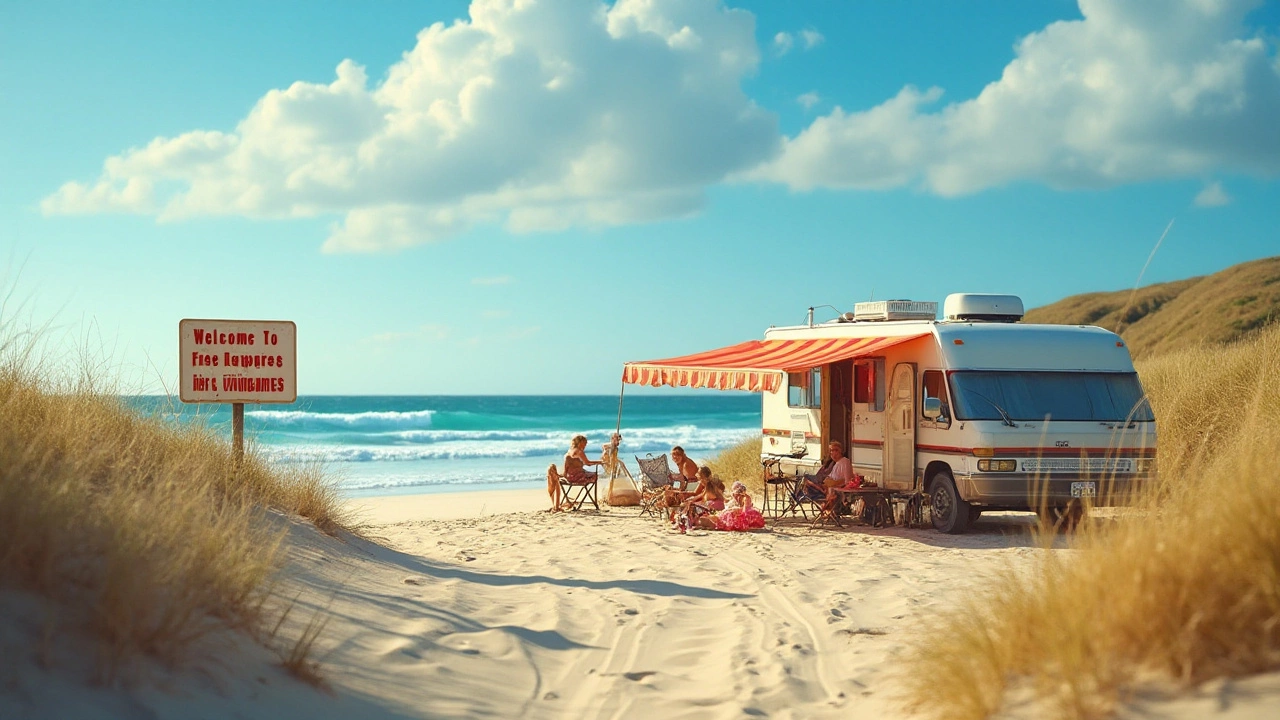Boondocking Legality: What the Law Says About Wild Camping in the UK
Thinking about pulling over for a night under the stars with your motorhome? Boondocking sounds great, but you need to know where it’s legal. In England, Scotland, Wales and Northern Ireland the rules differ, and breaking them can mean a fine or a tow.
Where Boondocking Is Usually Allowed
Most council-owned land, public car parks and some service stations let you stay for a few hours or overnight if you’re not causing trouble. In Scotland, the Land Reform Act lets you camp on most uncultivated land, as long as you follow the "responsible camping" code – pitch away from homes, keep noise low and leave no trace.
In England and Wales, you’ll find more restrictions. Public highways are off‑limits for overnight stays, and many local authorities treat wild camping as trespassing unless you have permission. However, some national forest and woodland sites allow dispersed camping for a night, especially if you’re on a long route and can’t find a formal pitch.
How to Stay on the Right Side of the Law
First, always check local council websites or signage. A quick phone call can save you a ticket. If you’re on private land, ask the landowner – a simple "may I stay here for a night?" often works, and you’ll have proof if you’re stopped.
Second, keep your stay short. Most places that tolerate boondocking expect you to be gone by morning. Staying longer can be seen as an illegal campsite, and you could be asked to move.
Third, be tidy. Pack out all rubbish, use a portable toilet if there’s no waste facility, and avoid damaging grass or vegetation. Leaving a clean site shows respect and reduces the chance of stricter rules being imposed later.
Fourth, watch for signs. Blue parking signs usually mean you can park, but a red slash means no overnight stays. If you see a "no overnight parking" sign, move on – police and council officers enforce these regularly.
Finally, consider using safe, well‑known boondocking spots like certain IKEA or supermarket car parks that unofficially allow overnight stays. These aren’t guaranteed, but they’re less likely to get you in trouble if you’re discreet and follow basic etiquette.
For UK motorhome owners, the best approach is to plan ahead. Use apps or websites that list legal boondocking spots, and always have a backup plan. If you’re unsure, heading to a local campsite for a night can keep you on the safe side and give you a chance to ask locals about nearby wild‑camping options.
Bottom line: boondocking is possible, but it isn’t a free‑for‑all. Knowing the local rules, respecting the land, and keeping a low profile will let you enjoy the freedom of wild camping without a ticket or a tow.
Ready to hit the road? Grab a map, check the council rules for your route, and enjoy the open sky – legally.
-
 VIEW POST
VIEW POSTLegal Insights on Boondocking at Beach Campsites Across the U.S.
Dec, 14 2024|0 CommentsBoondocking, or free camping, offers a unique way to explore the natural beauty of beach areas across the United States. However, the legality of boondocking varies widely from state to state, with some places enforcing strict regulations. Whether you're an RV enthusiast or a budget traveler, understanding where you can legally camp without hookups is crucial. This article delves into state-specific laws, offering tips and insights to help you navigate the rules and enjoy your beachside adventures responsibly.